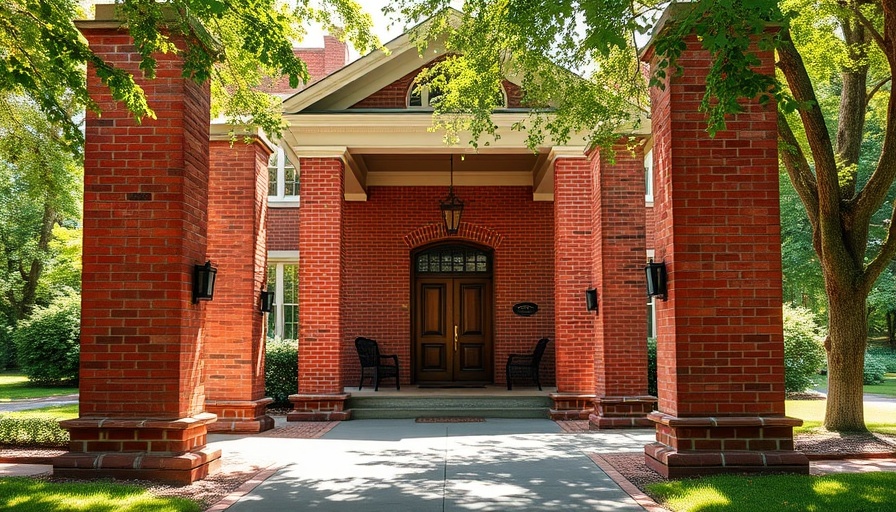
The Surprising Encounter: Trump and Liberian Leaders
In a recent White House meeting with African leaders, President Donald Trump commented on the English fluency of Liberian President Joseph Boakai, prompting discussions about the nuances of language in politics. Trump’s compliment, which sparked both admiration and criticism, raised questions about the perceptions of African nations among global leaders.
Understanding the Historical Context of Liberia
Founded in the early 1800s by freed American slaves, Liberia has a deep-rooted connection to the English language, being its official means of communication since gaining independence in 1847. This rich history makes it vital to comprehend the implications behind comments made by international leaders. By asking President Boakai about his English, Trump inadvertently touched upon a sensitive historical legacy that reflects both the country’s origins and ongoing relationships with former colonizers.
Why Language Matters in Diplomacy
Language serves as a vital bridge in diplomacy, allowing nations to connect deeply and effectively. Trump's comment highlights the complexities of communication, especially when it involves representatives of countries with such historical ties to colonialism and slavery. Critics argue that remarks questioning a leader's proficiency in their official language can perpetuate stereotypes about African educational standards.
Measuring Responses: The Dual Perspectives
While many observers took offense at Trump’s comment, suggesting it was condescending, others pointed to the president's intent as a compliment. Liberia's Foreign Minister, Sara Beysolow Nyanti, attempted to clarify the matter, stating that President Boakai was not offended and that the comment was viewed as recognizing the American influence on Liberian English. This divergence in interpretation demonstrates the varying perceptions based on one’s background and experiences.
Controversial Context: Trump's History of Remarks
Trump’s conversation is not without precedent; he has previously made remarks that drew scrutiny regarding foreign leaders’ English skills. These instances often resurface the debate over whether his comments are innocent or reflect deeper biases regarding African nations. For those concerned about diplomacy and respect, Trump's history adds layers to interpreting his words accurately.
Opportunities for Growth and Collaboration
Despite this awkward moment, the meeting focused on forging strong collaborative ties between the United States and African nations. Trump praised the represented countries, such as Gabon, Guinea-Bissau, and Senegal, emphasizing their resources and contributions to the global landscape. President Boakai reaffirmed Liberia's intention to align its interests with the U.S., creating avenues for future partnerships.
Emphasizing the Importance of Words
As reactions to the meeting continue to unfold, it remains clear that words carry significant weight in diplomacy. Whether viewed as a misguided compliment or an honest misunderstanding, this exchange serves as a reminder of the necessity for careful communication, especially when discussing historical complexities tied to language and identity.
A Call for Reflection in Diplomatic Exchanges
As we reflect on the implications of such remarks, it’s critical for leaders to approach discussions with an awareness of how language shapes perceptions. By recognizing the histories behind words, we can foster a more understanding and interconnected global community.
 Add Row
Add Row  Add
Add 




Write A Comment